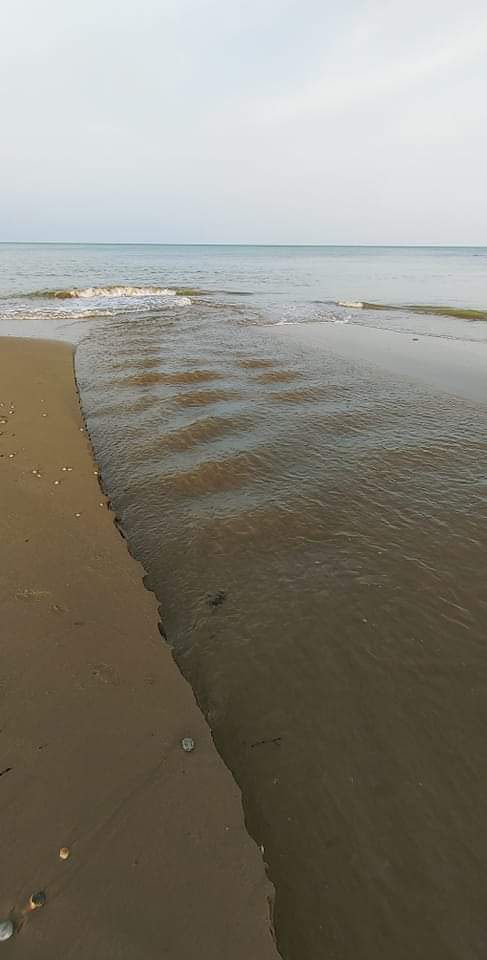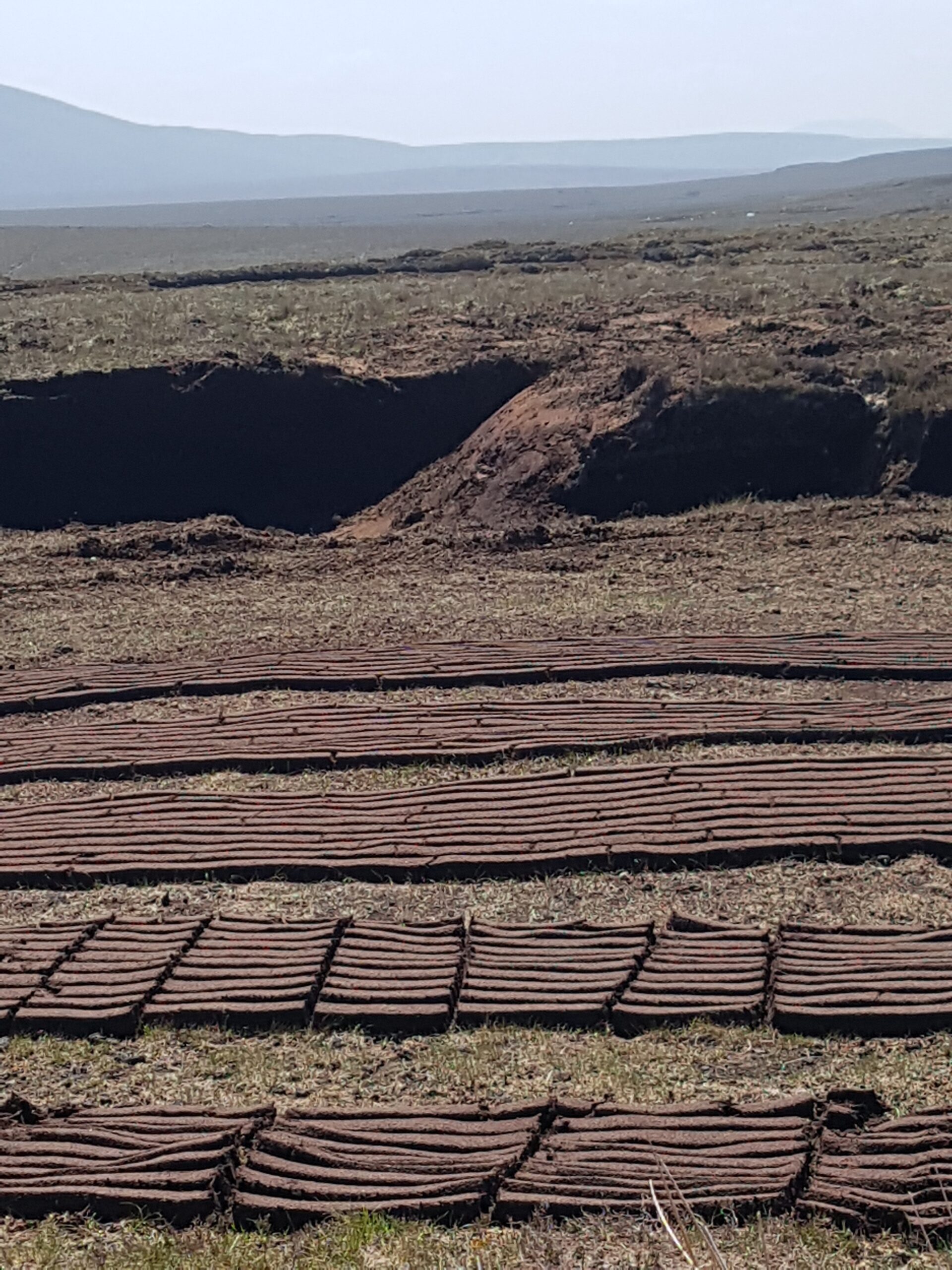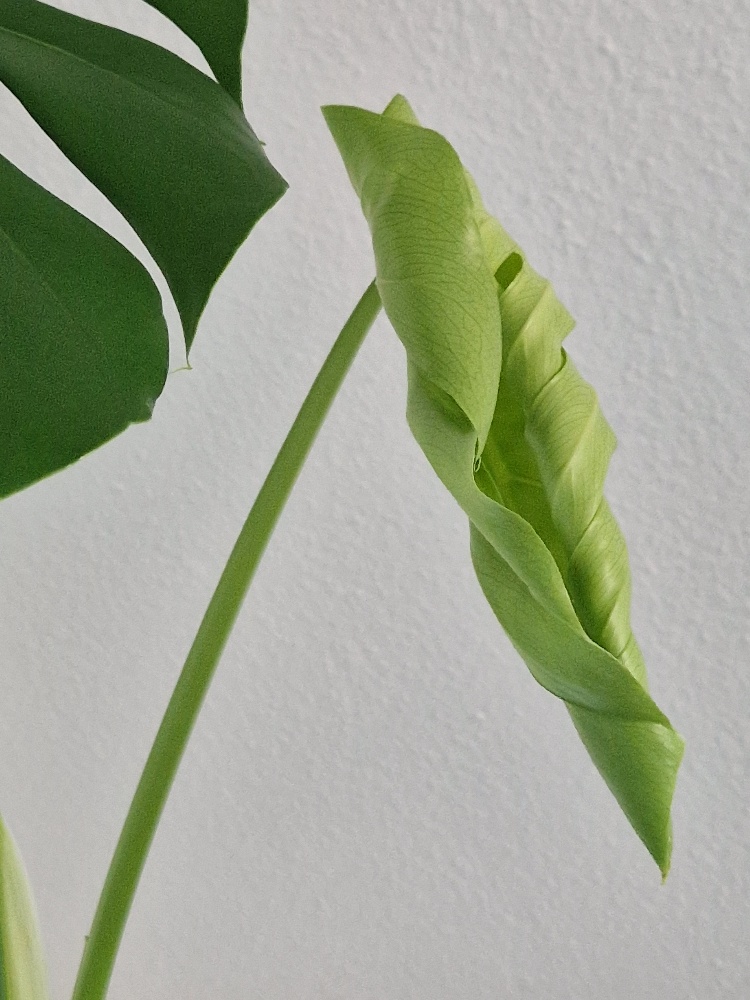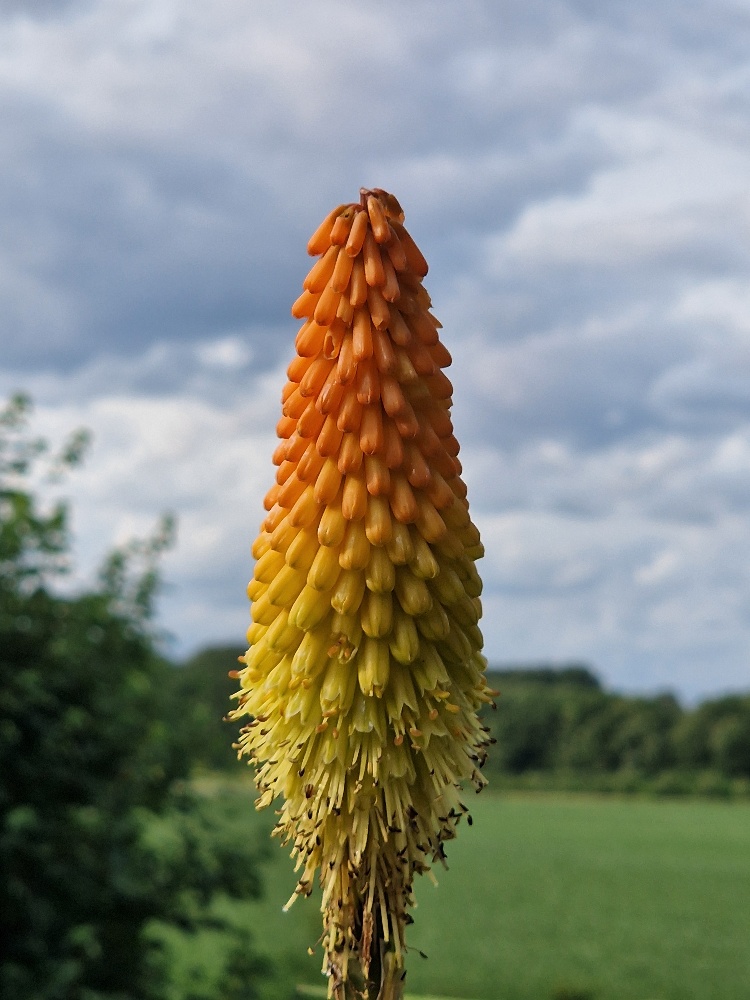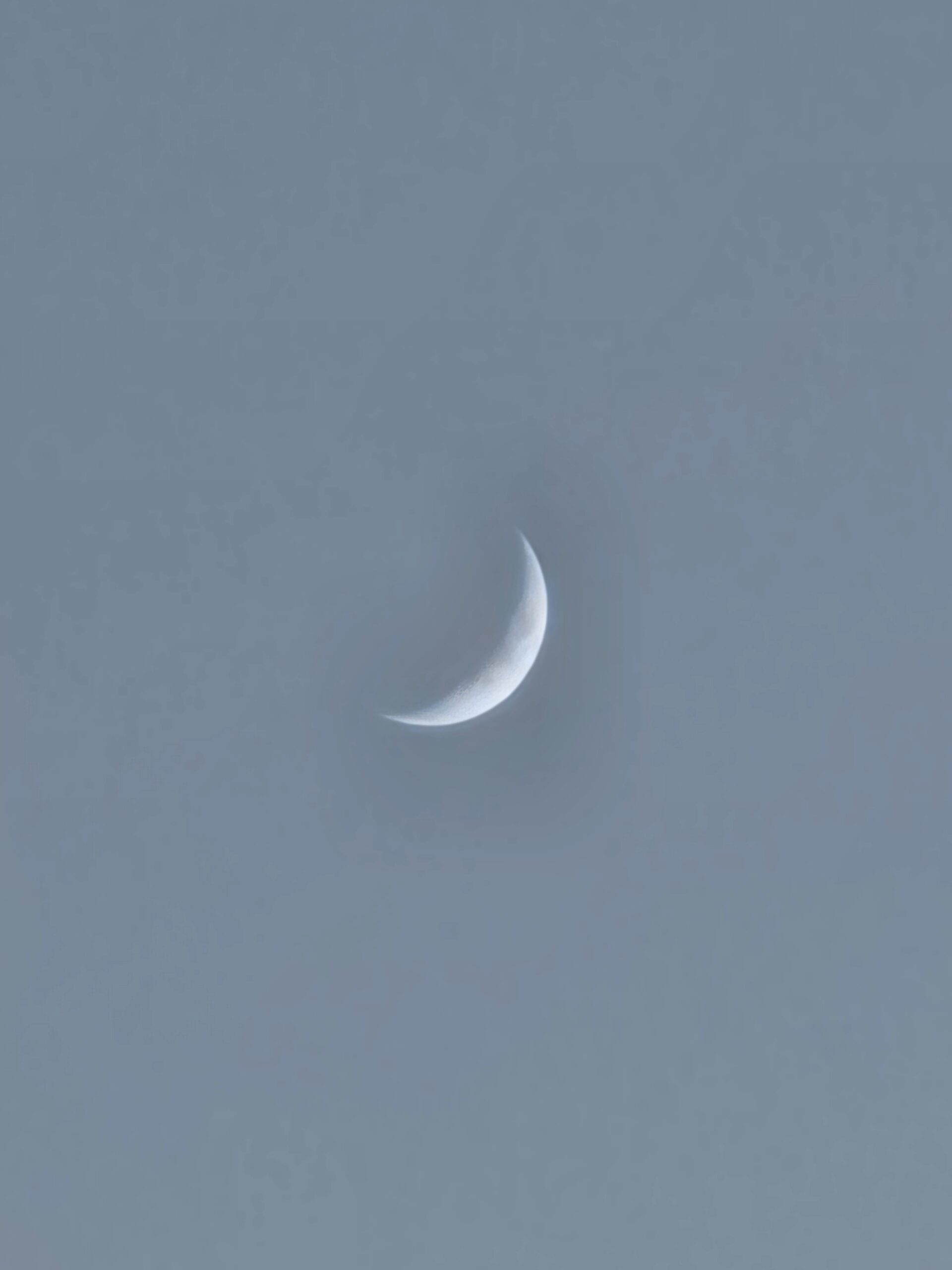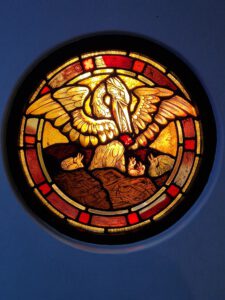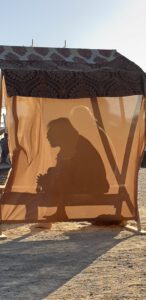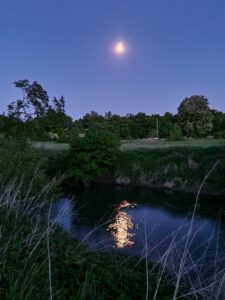Nietzsche was the one who did the job for me. At a certain moment in his life, the idea came to him of what he called „the love of your fate.“ Whatever your fate is, whatever the hell happens, you say, „This is what I need.“ It may look like a wreck but go at it as though it were an opportunity, a challenge. If you bring love to that moment — not discouragement — you will find the strength is there. Any disaster you can survive is an improvement in your character, your stature, and your life. What a privilege! This is when the spontaneity of your own nature will have a chance to flow.
Then, when looking back at your life, you will see that the moments which seemed to be great failures followed by wreckage were the incidents that shaped the life you have now. You’ll see that this is really true. Nothing can happen to you that is not positive. Even though it looks and feels at the moment like a negative crisis, it is not. The crisis throws you back, and when you are required to exhibit strength, it comes.
Joseph Campbell, `Reflections on the Art of Living´
In the Positive Intelligence (PQ) Mental Fitness framework, the Sage Perspective states that: „Every outcome and circumstance can be turned into a gift and opportunity.“
The old tale of the Chinese farmer, whose stallion gets stolen, is used to convey this concept. First, the stallion wins a prize at the provincial fair and, when the neighbours come to congratulate him, he says: „Who knows what is good and what is bad?“ Then the stallion, now of greatly increased value, gets stolen. When the neighbours come to commiserate, again the farmer responds with: „Who knows what is good and what is bad?“
And so the story continues through several more iterations of apparently „good“ and „bad“ twists and turns. The stallion breaks free from his captors and returns home, accompanied by several mares, thereby adding greatly to the farmer’s wealth. The son subsequently fractures his leg while breaking in one of those wild mares. A week later, due to the recent outbreak of war, the military comes to conscript all the young men in the village, but the son is passed over due to his injury, etc. You get the point? Each time the farmer asks: „Who knows what is good and what is bad?“
I first came across this story in a talk given by Eckhart Tolle many years ago, and the message stuck. We assign the labels „good“ and „bad“ to any given situation. Therein lies the key to our liberation, especially for those who are still suffering from having experienced so many supposedly „bad“ things in life.
For those with spiritual beliefs, the Sage Perspective may be regarded as a cosmic blessing. For the many agnostics and atheists among us, it can be seen in the sober light of the self-fulfilling prophesy. Whether we believe that: „Every outcome and circumstance can be turned into a gift and opportunity“ (Sage Brain) or not (Saboteur Brain), we are probably right!
It is important here to point out that this concept can be misused for so-called „spiritual by-passing“, a cerebral trick whereby we avoid and further supress our pain by telling ourselves that everything is as it should be. Real maturity comprises reaching that conclusion while confronting and working through our repressed pain and suppressed wounds, accepting them, and then lovingly tending them. The latter requires corporeal practice in the service of psychosomatic healing.
It is also true that the gift may not be visible in real time to the protagonists of any given situation. If you had come to explain the gifts of my mid-life meltdown in 2003, I would probably have tried to punch you in the face! The key is the cultivation of the willingness to adopt a new perspective. All else follows in due time. Everyone has their own unique timeline. It cannot and should not be forced, even by those who think they know.
Like many of you, I too have been deeply wounded. This appears to be part of the human condition. Today’s reflections will focus on the evolution of my perception and attitudes towards my fate, and how these have changed over time.
I write on the birthday of my dear father, who was born on May 29th, 1926. It is sometimes lovely to imagine him as a wizen, gentle man in his nineties, and I am sure he would have made a very fine Community Elder. It was not to be, however. In 1977 this fine man, a father of ten, succumbed to lung cancer in mid life, at the age of 51.
As the oldest child living at home, it fell to me, sixteen years old, to help my mother care for my dying father while keeping the household, with five younger brothers, functional. Looking back now, it is clear that my immaturity prevented me from recognising any gifts in that situation. Anger, frustration, naïve hope, hubris (that of the „saviour“), grief, disconsolation, resentment, the desire to escape, and despair; these were the feelings that filled my heart and soul as he gradually divested himself of his shrivelled body in the late summer and autumn of that year.
My life then took a dark turn. Many years were to follow in limbo, spent in the no-man’s-land of clubs and pubs; numbing and self-medication, whereby my feeling got stuffed ever deeper, until the anaesthesia was almost complete.
„Lonely, lonely, lonely, lonely; a story with a middle only,“ wrote the contemporary Irish poet, Paul Durcan at around that time.
Yet deep down inside, there was a yearning for all the vitality of life. While I continued to function well as our culture would define it, this seed gestated in the darkness for all of two decades and more. In the summer of 2003, it germinated, shooting through like a rocket, piercing all those dark heavy layers and shattering the entire structure of life that had so carefully been erected, leaving me standing in the rubble of my dreams. It turned out to be the catalyst of the transformational shift in my response to life; from a conditional, creeping „no“ to an unconditional „yes!“.
Although, — drenched in grief, hopelessness, and self-pity, — I had wanted to be placed alongside my father in the clay of the Limerick cemetery on that dank November day in 1977, that other aspect of me, those embers whispering the mantra of life, had never gone out. This miracle can be traced back to the lessons taught me by my father, to the gifts that I have been gradually recognising and unwrapping over the past twenty years.
There is no greater gift than demonstrating, by example, how to die well.
To leave this incarnation with humility, in gratitude and total abandonment, in the knowledge that the Universe provides for all our needs, is the greatest of all human challenges, It is also the prerequisite for a life well lived. In some traditions this process is described as the essential „spiritual experience“, the shift from apparent alienation — „apart from“ — to unity consciousness — „a part of“.
Since those teenage years, and especially after my turning point in 2003, I have encountered teachers who have been immensely helpful and encouraging in this respect. They have taught me to drop my anger, resentment, and defiance, and to live life on life’s terms.
„It is in dying that we are born to eternal life“, runs the final line of the Prayer of St. Francis of Assisi. Unlike the Catholic theologians who dominated the culture in which we grew up, I do no interpret this in terms of: „Heaven awaits us after death (if we have been good!)“ but rather in the sense that the full potential of life opens up to us once we have quit trying to run the show and have surrendered to the fact that, while we may be the builders of our lives, we are not the architect. For me, this is the Great Reality of the human condition.
To this day, Dad serves as a role model in this respect. In those final months of his life, under the most challenging of circumstances, he led by the power of example.
The paradox that comes with this shift, whether you call it spiritual experience, recovery, self actualisation, or mental fitness, is that: „In order to keep it, you have to give it away.“ I now see myself as the beneficiary of this process in the case of my father’s final months. In turn, this experience has come to shape the vocation of my remaining days, however many they may turn out to be.
Bertrand Russel beautifully describes the process of letting go, as follows: „Make your interests gradually wider and more impersonal, until, bit by bit, the walls of the ego recede, and your life becomes increasingly merged in the universal life. An individual human existence should be like a river — small at first, narrowly contained within its banks, and rushing passionately past rocks and over waterfalls. Gradually the river grows wider, the banks recede, the waters flow more quietly, and in the end, without any visible break, they become merged in the sea, and painlessly lose their individual being.“
It is not what happens to us that is paramount, but our response to any given situation. And, as my experience shows, that response can evolve over time, even after the fact. Healing takes time. Recalling what felt like a moment of utter defeat when my father’s soul finally left his withered body, I now celebrate the precious gifts which continue to unfold as my life enters its third trimester. I honour his soul, and the lives of all those who have gone before me, by now living my life, as best I can, to the full. To this end, the continued cultivation of the Sage Perspective, one day at a time, remains indispensable.

